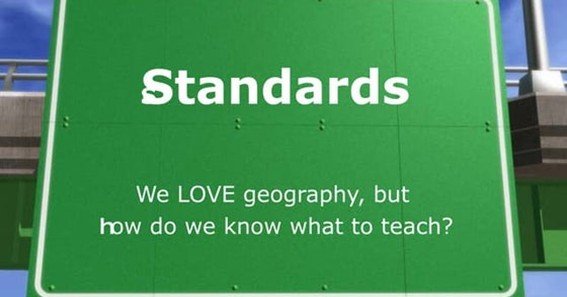Why is OPEC in the 7th grade standards in Georgia? This question has sparked curiosity among educators, parents, and students alike. The inclusion of OPEC—the Organization of the Petroleum Exporting Countries—in the curriculum is designed to introduce young learners to key concepts in global economics, international relations, and energy markets. By studying OPEC, students gain insights into how international organizations influence oil prices, trade policies, and global geopolitical dynamics, which are essential topics in understanding modern history and economics.
The Significance of OPEC in Middle School Education
Incorporating OPEC into the 7th grade standards in Georgia serves several educational purposes:
-
Global Economic Impact:
OPEC plays a pivotal role in shaping the global oil market. Learning about its formation, policies, and influence helps students understand how energy markets affect world economies, trade relationships, and even everyday life. -
International Relations and Geopolitics:
The organization’s decisions have far-reaching impacts on international politics. By examining OPEC, students explore how resource control can lead to alliances, conflicts, and shifts in global power dynamics. -
Critical Thinking and Analysis:
Studying OPEC encourages students to analyze complex issues such as market regulation, resource scarcity, and economic interdependence. This fosters critical thinking skills as they evaluate how one organization can influence multiple facets of global affairs. -
Real-World Applications:
Understanding OPEC’s influence offers practical knowledge that connects classroom learning to real-world scenarios. It provides context for discussions about environmental policies, energy consumption, and the economic challenges faced by different countries. -
Curricular Alignment:
Including OPEC in the curriculum aligns with broader educational goals of preparing students to be informed global citizens. It helps them grasp how international organizations function and the role they play in shaping economic and political landscapes.
Frequently Asked Questions (FAQs):
-
Why is OPEC in the 7th grade standards in Georgia?
OPEC is included to educate students about its significant role in global oil markets, economic policies, and international relations, which are crucial topics in understanding modern global dynamics. -
What topics related to OPEC are taught in the curriculum?
The curriculum may cover OPEC’s history, its influence on oil prices and global trade, its impact on international relations, and how its policies affect economies around the world. -
How does learning about OPEC benefit 7th graders?
Studying OPEC helps students develop critical thinking skills, understand global economic interdependence, and learn about the impact of international organizations on everyday life and global politics. -
Is the inclusion of OPEC controversial in Georgia’s curriculum?
While any inclusion of politically or economically significant topics can spark debate, the goal is to provide a balanced, factual understanding of global economics and international relations as part of a comprehensive social studies education. -
Can parents influence how OPEC is taught in schools?
Curriculum standards are developed by education authorities based on national and state guidelines. Parents can engage with educators and school boards if they have questions or concerns, but the inclusion of topics like OPEC is based on broader educational goals.
This blog post explores why is opec in the 7th grade standards in georgia by highlighting its importance in understanding global economics and international relations. Through this curriculum, students gain a foundation in how international organizations influence our world, preparing them for informed citizenship in an interconnected global community.










